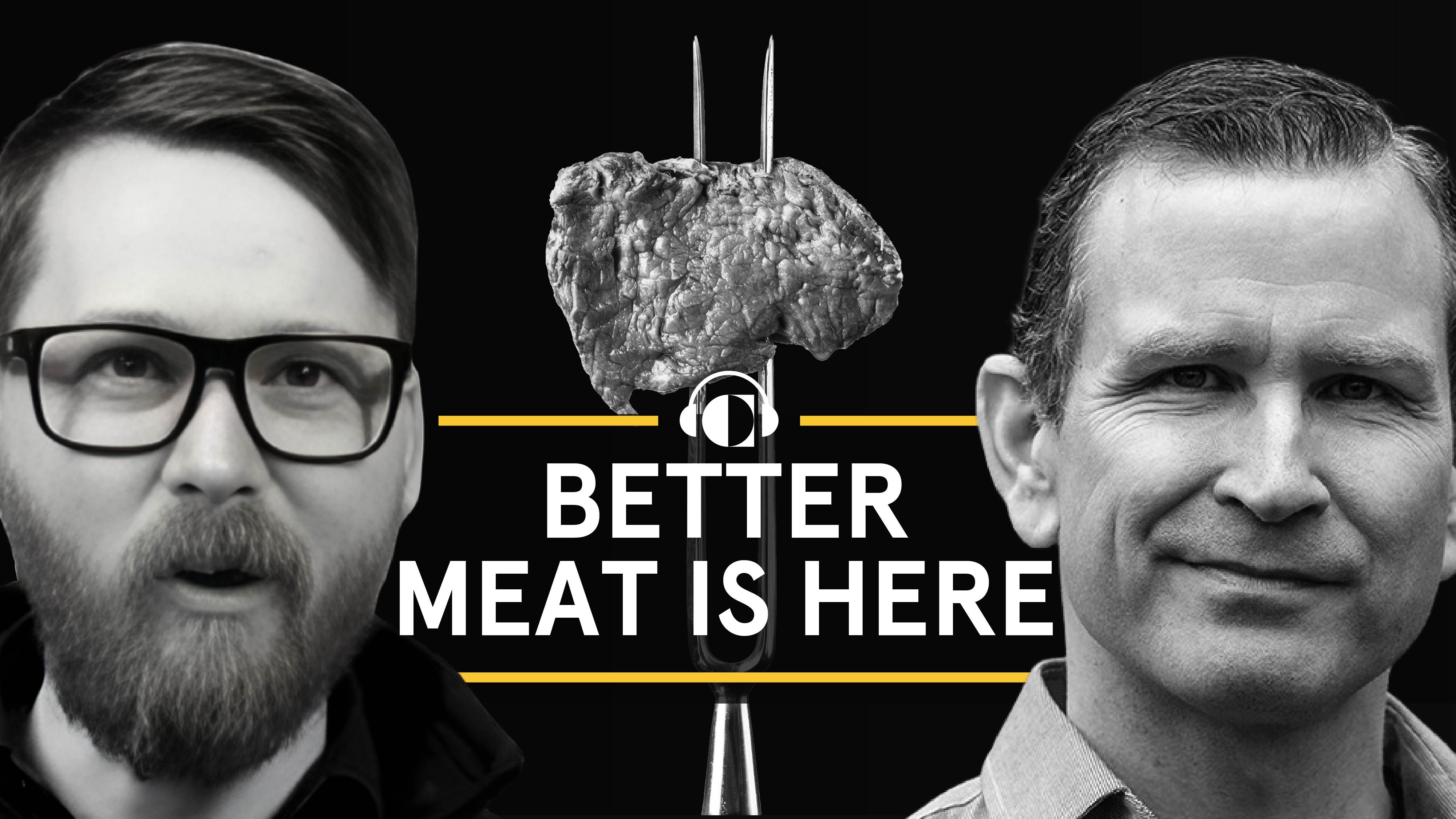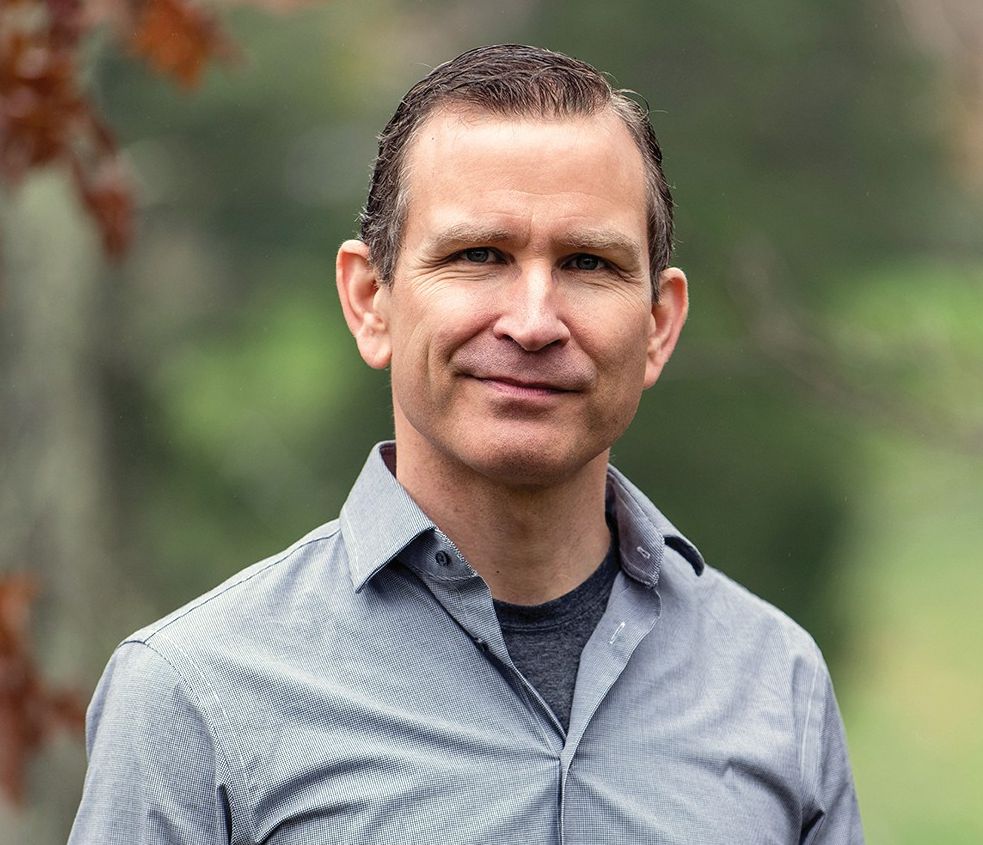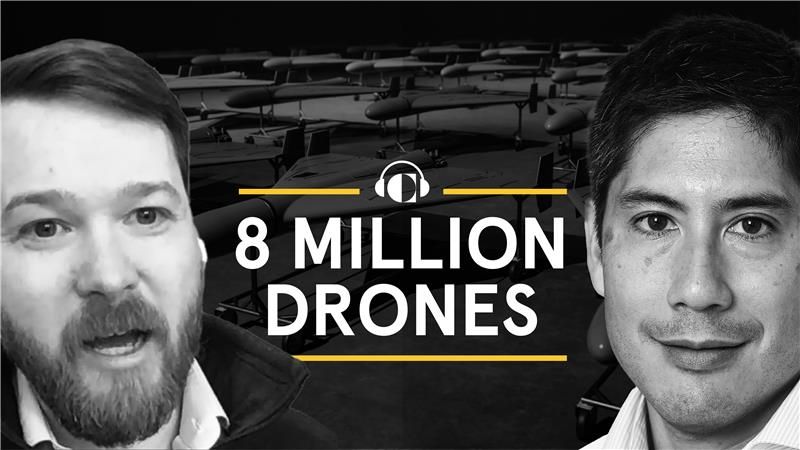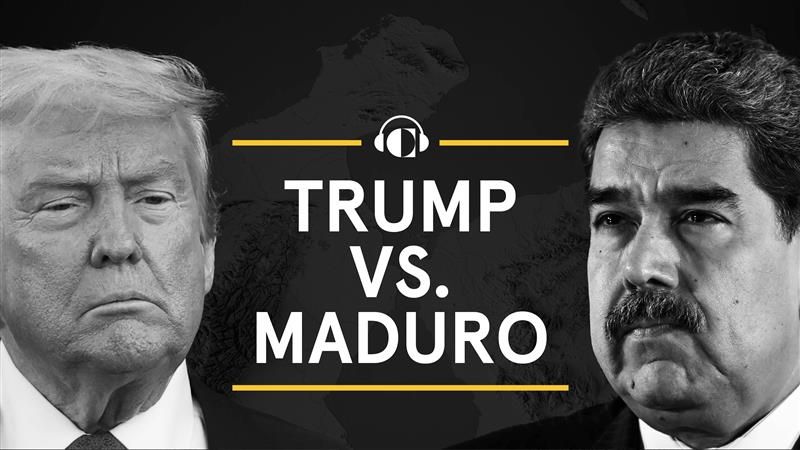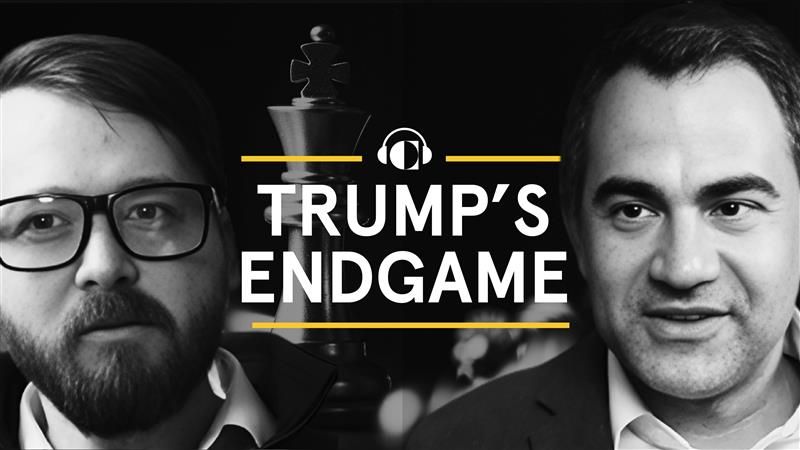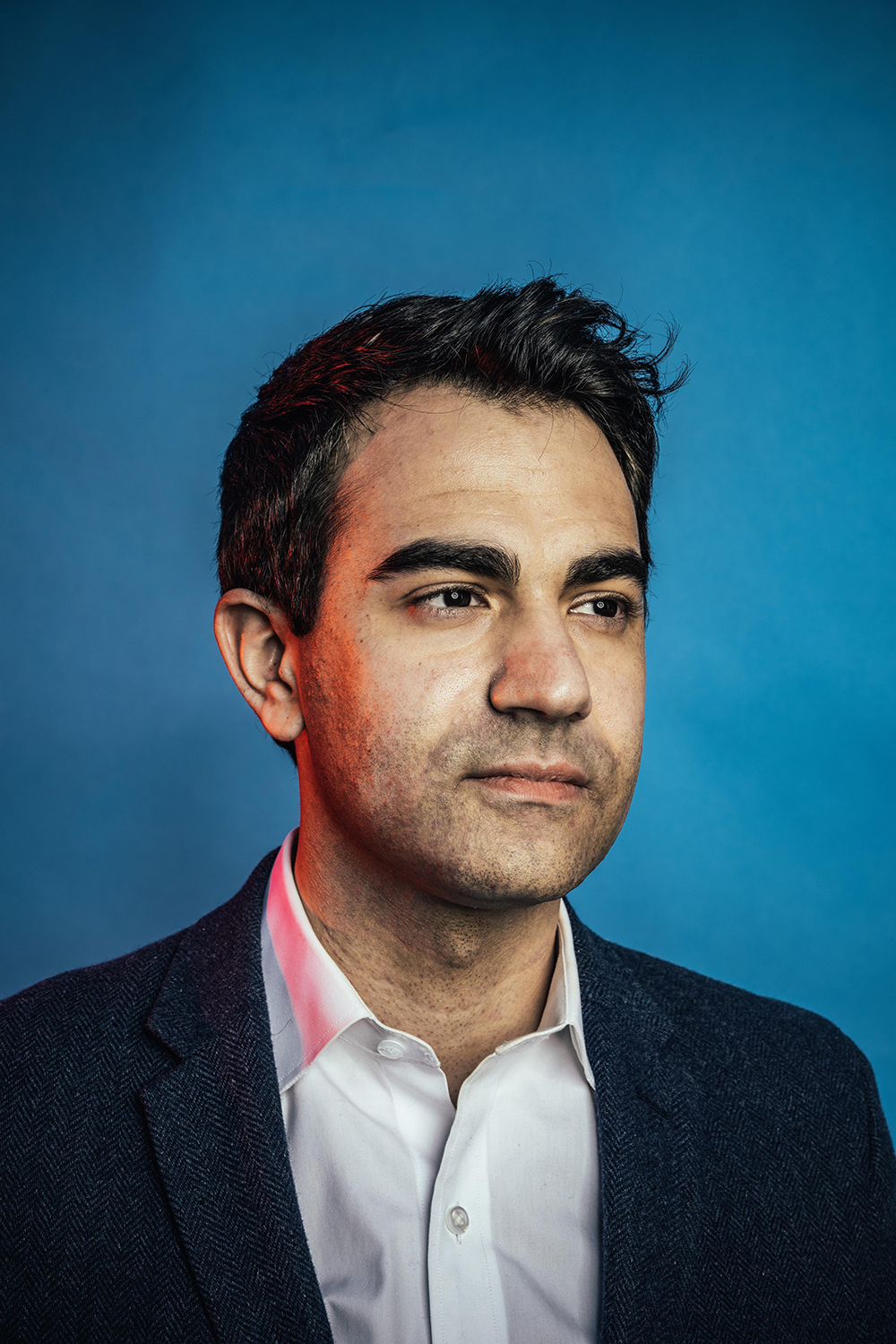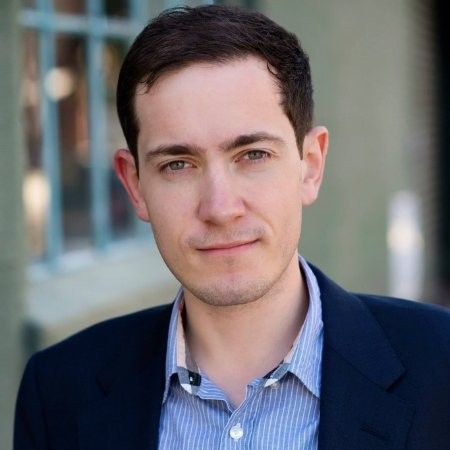Jon Bateman, Bruce Friedrich
Outposts of Influence: Great Power Competition and Overseas Military Bases
Isaac B. Kardon sits down with Ashley J. Tellis and Andrew Yeo to explore how the political role of overseas bases has changed over time and how the U.S., China, and Russia—among other countries—use them to project military power today.
In this episode of The World Unpacked, Isaac B. Kardon sits down with Ashley J. Tellis, Tata Chair for Strategic Affairs and Senior Fellow at the Carnegie Endowment for International Peace, and Andrew Yeo, Senior Fellow and the SK-Korea Foundation Chair at the Brookings Institution. They explore how the role of overseas bases has changed over time and how the U.S., China, and Russia—among other countries—use them to project power today. Despite advances in technology and long-range weapons, bases remain key to grand strategy, political influence, and sustained military reach.
Notes:
- Andrew Yeo and Isaac Kardon, Great Power Competition and Overseas Bases: Chinese, Russian, and American Force Posture in the Twenty-First Century. Lanham: Rowman and Littlefield, 2024.
Carnegie does not take institutional positions on public policy issues; the views represented herein are those of the author(s) and do not necessarily reflect the views of Carnegie, its staff, or its trustees.
More Work from The World Unpacked
- Every War Is Now a Drone WarPodcast Episode
Steve Feldstein, a leading expert on technology and warfare, joined Jon Bateman on The World Unpacked to break down these trends. Are drones helping defenders deter aggression, or enabling attackers to slaughter more civilians? Why haven’t we seen full autonomy? And has the U.S. fallen behind in the weapon class that it first pioneered?
Jon Bateman, Steve Feldstein
- Testing the Case for Regime Change in VenezuelaPodcast Episode
Ambassador James B. Story most recently served as U.S. Ambassador for the Venezuela Affairs Unit, located at the United States Embassy in Bogotá, Colombia. Previously, Ambassador Story served as Chargé d’Affaires at the Venezuela Affairs Unit and, prior to mid-2019, the United States Embassy in Caracas, Venezuela.
Jon Bateman, James B. Story
- Decoding Trump’s Foreign Policy BlueprintPodcast Episode
Stephen Wertheim is a historian, strategist, and author of Tomorrow, the World: The Birth of U.S. Global Supremacy. He joins Jon Bateman, host of The World Unpacked, to assess what this historic document can tell us. Will Trump follow it? Which GOP factions were behind it? And how will it shape the battle of ideas in 2028 and beyond?
Jon Bateman, Stephen Wertheim
- AI’s Biggest Skeptic Sees a BubblePodcast Episode
Author, podcaster, publicist, and one of AI's biggest critics joins The World Unpacked to discuss the AI bubble and his own research into AI finances with Jon Bateman.
Jon Bateman, Ed Zitron
